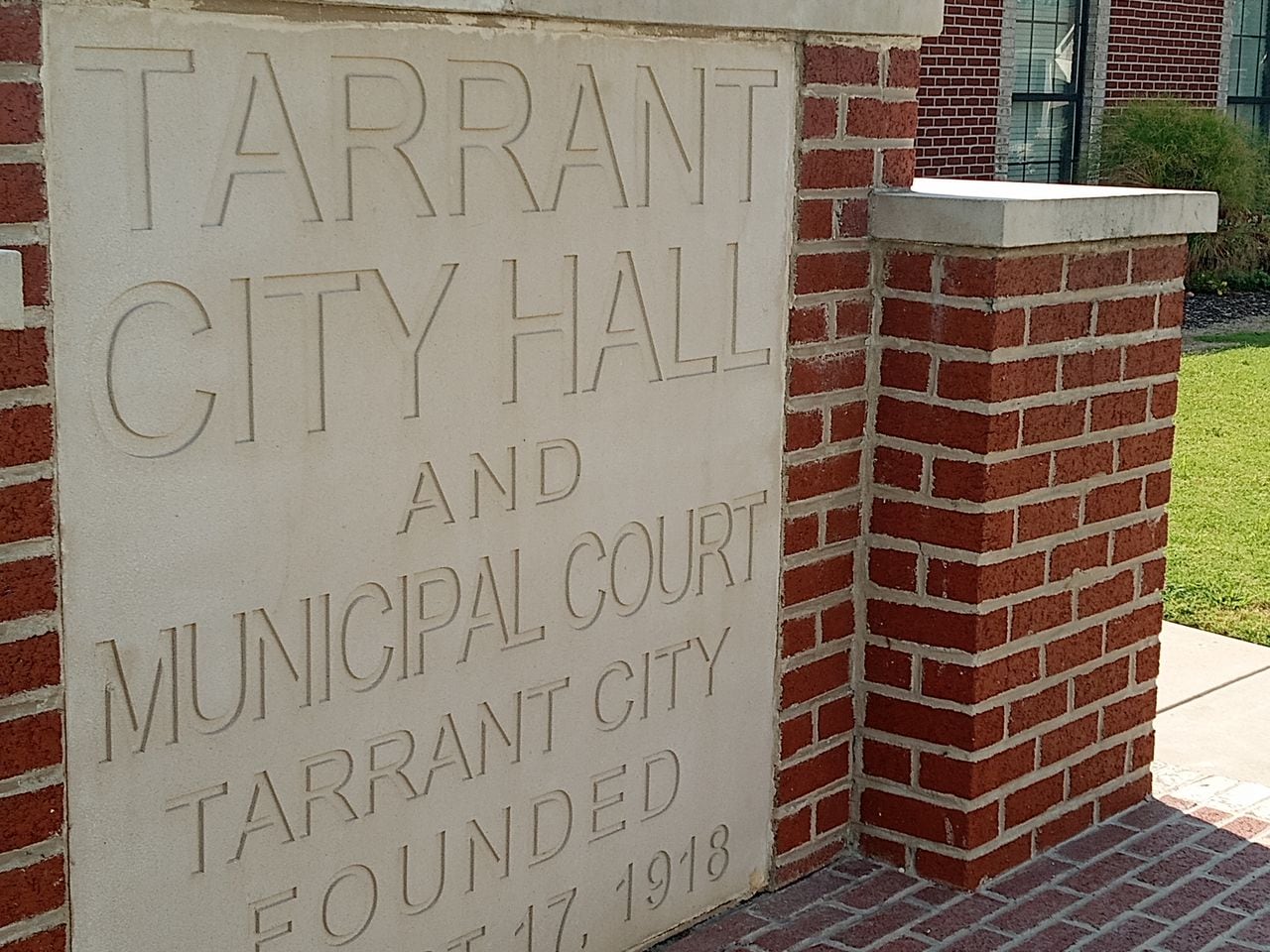Council canât hire someone else to do mayorâs job in Alabama town, judge rules
The city council in a small town just outside Birmingham can’t legally get around their mayor by hiring someone else to do his job, a judge has ruled.
A judge issued a written ruling in favor of Tarrant Mayor Wayman Newton, who sued to stop the council from hiring a city manager to take over many mayoral duties in the town of 6,000.
“Since the terms of the subject ordinance unambiguously and impermissibly purport to strip the mayor of his rights, duties, responsibilities and powers, the ordinance is void…,” Jefferson County Judge Patrick Ballard said in the order issued on Monday.
Ballard said the council can hire a city manager. But, according to his ruling, they cannot change the city’s form of government and hand over the elected mayor’s duties to an unelected employee.
“This is a monumental victory for the citizens of Tarrant,” Newton said. “The court has rightfully affirmed the principles of checks and balances and the sanctity of our elected offices. The people of Tarrant chose me to be their mayor, and this decision ensures that I can continue to fulfill my responsibilities and lead our city effectively.”
The ruling means that John C. Brown, the city manager whom the council unanimously voted to hire over the summer, is out of a job. Brown has been collecting a $100,000 annual salary since June. But because the mayor sued to block Brown’s hiring, he hasn’t worked in his capacity.
“Defendant John C. Brown does not rightfully hold the office of city manager of Tarrant City,” Judge Ballard wrote. Lucien Blankenship, an attorney for Brown, told AL.com Tuesday afternoon that he will appeal the decision.
The council has not discussed the ruling or its next steps.
“I see this as a King Solomon decision,” said Tracie Threadford, the mayor pro-tem in Tarrant and a member of the city council. “Part of the order says we as the council do have the right to hire a city manager, but it also says that the mayor may keep his duties.”
In his order, Ballard said that the Tarrant council, in its ordinance hiring Brown, essentially tried to change the city’s form of government. He said changing from a council-mayor form of government to a council-manager form of government requires approval from the state legislature or by the city’s voters in a referendum.
Clashes between the mayor and five city council members are common in Tarrant, where the city government is bitterly divided over policy, personnel and personal issues.
As a result, lawsuits, directives, and frequent public insults are common among officials in the city. Another legal action remains pending over who has authority to suspend or reinstate the police chief.
In the lawsuit over the city manager, Newton, a lawyer, sued on behalf of Deanna Ceasor, one of his supporters in the city, rather than hiring a lawyer to represent him.
Even that move was controversial, as attorneys for Brown questioned the tactic and even whether Ceasor was a real person. Lawyers for Brown also wanted Newton disqualified as the attorney, saying the mayor would personally benefit if the judge ruled for his client. The issue was finally resolved after the lawyers met with and questioned Ceasor outside the courtroom.
Still, with the lawsuit in the past, Mayor Newton told AL.com after the ruling that he is open to a new era of peace at city hall.
“While we may not always agree, I’m confident that we can put this disagreement behind us and focus on what truly matters – the well-being of our citizens. I extend my hand to all council members, and I urge them to join me in putting the interests of Tarrant first,” he said.
Easing acrimony appears to be an issue where both branches of Tarrant’s government agree, Threadford said.
“Moving forward, I hope he will work with us as he stated so we can move our city forward,” she said.
